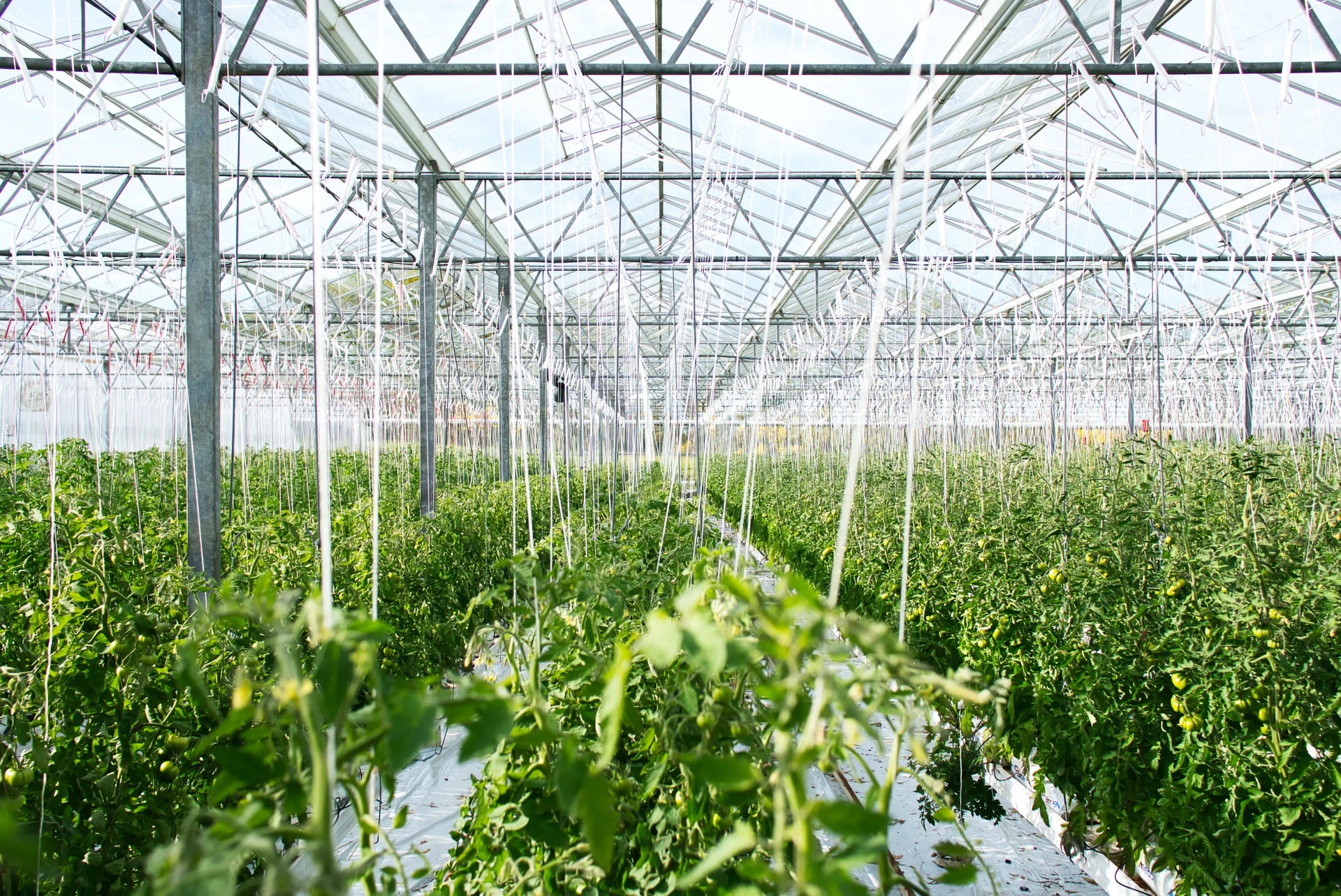Learn about CBD vs THC & Other Cannabinoids
Is there really a difference between THC and CBD?
The world of CBD can seem like a confusing and intimidating place. However, the more you know, the easier it becomes to make CBD a safe, dependable part of your everyday wellness routine. One of the more commonly asked questions regarding CBD is, “what are cannabinoids and how will they affect me?”
WHAT ARE CANNABINOIDS?
Cannabinoids are the active chemical compounds found in hemp. When someone consumes a hemp-derived product, these compounds interact with the receptors in a person’s endocannabinoid system to create an effect. There are many different types of cannabinoids located all throughout the various parts of the hemp plant, however, the most researched and understood are delta-9-tetrahydrocannabinol (THC) and cannabidiol (CBD).
THC VS. CBD
THC
THC stands for delta-9-tetrahydrocannabinol and is responsible for many of the euphoric feelings people experience when they consume cannabis, and its psychoactive effect. If consumed, THC will bind to the CB1 receptors in your endocannabinoid system, creating the “high” sensation often associated with cannabis.
CBD
CBD stands for cannabidiol and is the active chemical compound found in the greatest quantities in the hemp we utilize. Unlike THC, CBD doesn’t bind well to CB1 or CB2 receptors. Instead, it exerts indirect effects on the latter. This means that a person won’t experience the “high” of THC when consuming CBD-dominant products. Additionally, scientists are studying CBD for its potential to impact inflammation and pain, among other effects.
ARE THERE OTHER CANNABINOIDS?
While THC and CBD are the most commonly discussed cannabinoids, they’re not the only ones. To date, more than 100 cannabinoids have been identified, including cannabichromene (CBC), cannabigerol (CBG), cannabinol (CBN), and tetrahydrocannabivarin (THCV) to name just a few.
Just one of many factors
While knowing about cannabinoids and how they work in the human body can help when purchasing CBD products, it’s important to remember that effects can vary from person to person and are influenced by a plethora of factors such as genetics, biochemistry, gender, tolerance, health, and even the environment in which the hemp was grown. With this in mind, we suggest starting with a low amount of CBD and monitoring how it makes you feel over a 24 hour period before consuming more.
IN SUMMARY
- Cannabinoids are the active chemical compounds found in hemp. When someone consumes a hemp-derived product, these compounds interact with the receptors of their endocannabinoid system to create an effect.
- THC stands for delta-9-tetrahydrocannabinol and is responsible for many of the euphoric feelings people experience when they consume cannabis, and its psychoactive effect.
- CBD stands for cannabidiol and is the active chemical compound found in the greatest quantities in the hemp we utilize. Unlike THC, CBD doesn’t bind well to receptors in the endocannabinoid system, and thus doesn’t produce the “high” that THC does.
Photo by Erwan Hesry on Unsplash
